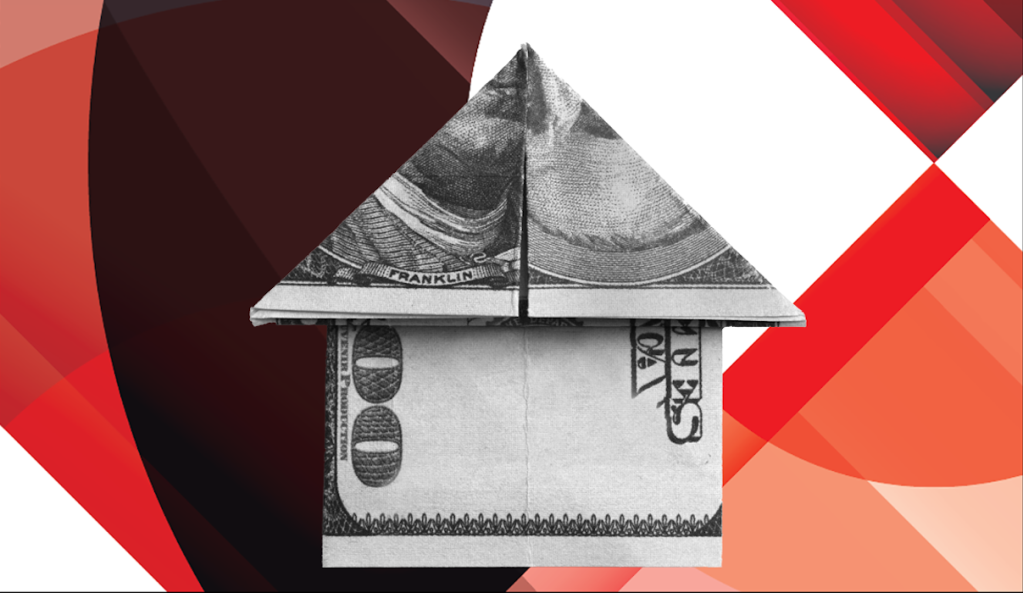
“We think it’s mainstream,” Opendoor CEO Eric Wu said of his company’s instant homebuying platform. “All the homeowners crave what we’re offering.”
“Over the long haul,” Wu added, regarding iBuying. “We think it will be the majority of transactions.”
That could be the future, but in the present iBuying is about .5% of U.S. home sales, per a Redfin report in June. Also, in the present Opendoor continues to lose money but grow as a company.
The seven-year-old, San Francisco-based company reported Wednesday a $144 million net income loss for the second quarter of 2021, and $1.2 billion in revenue.
These numbers mark an improvement from the first quarter when Opendoor lost $270 million and generated $747 million in revenue. The previous quarter numbers are the closest apples-to-apples measurement as Opendoor suspended operations in the second quarter of 2020 due to the pandemic.
Opendoor has now “exceeded pre-pandemic highs for transactions and market share,” Wu said during Wednesday’s earnings call. The CEO opened the call by stating Opendoor had an “outstanding” quarter.
Opendoor’s business is straightforward. The company buys home from people for cash and charges a 5% fee from the purchase price. Opendoor, which now operates in 41 markets, then tries to resell the home for a profit.
The company reported buying 8,494 homes in the second quarter and selling 3,481. The numbers are an uptick from prior quarters including January through March when the business sold 2,462 homes. They also compare favorably to Zillow, arguably Opendoor’s no. 1 competitor in a suddenly crowded iBuying market. In earnings call last week, Zillow reported selling 2,086 homes in the second quarter.
Where Opendoor has, for years, run into a brick wall is that the company’s revenue from selling homes is always more than offset by the cost to buy homes plus pay operating expenses. The $1.2 billion in revenue compares to a hair over $1 billion in the cost of buying the homes that were resold. But Opendoor again lost money in the quarter when its $312 million in operating expenses — which includes sales, marketing and administrative costs — are added in.
The company has taken initial steps to make money in addition to home resales including mortgage. Wu mentioned “bundling title, escrow and home loans” for someone that buys a home from Opendoor, during the call. But Opendoor did not break out its adjacent services in their quarterly Securities and Exchange Commission filing, and Wu did not directly answer an analyst’s question about Opendoor’s mortgage attach rate.
One subtopic of intrigue is the 5% consumer fee. Opendoor’s motto is a “relentless focus on the consumer experience,” a contrast with competitors such as Compass and eXp who are focused first on serving their independent contractor agents.
However, the 5% is pretty much exactly what a home seller pays for a real estate agent, per a RealTrends study, meaning that the benefit for a seller boils down to Opendoor’s customer experience.
Asked about fees during the call, Opendoor Chief Financial Officer Carrie Wheeler said that the company is continually re-evaluating what it charges sellers but has no plans to change the flat 5%.






